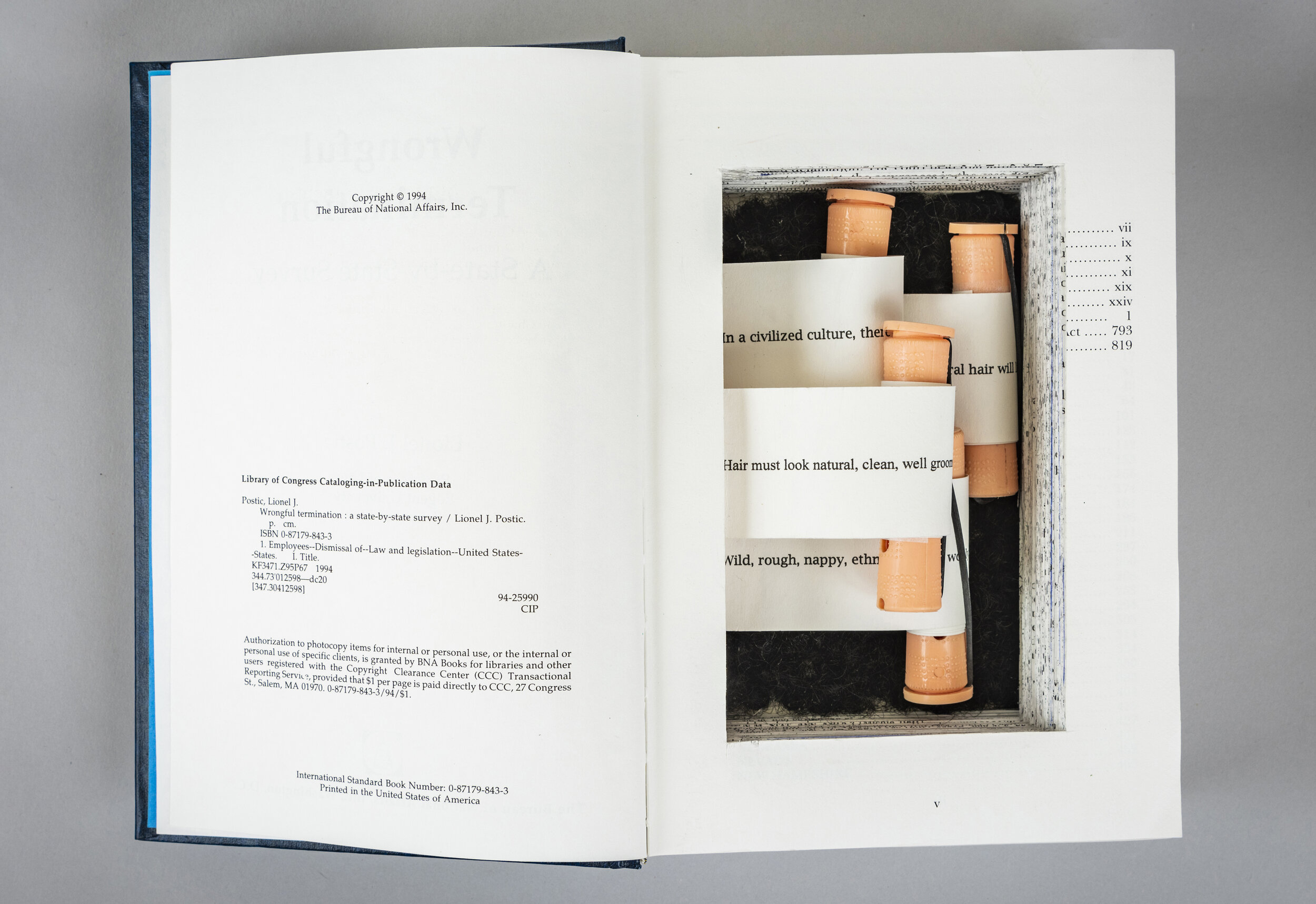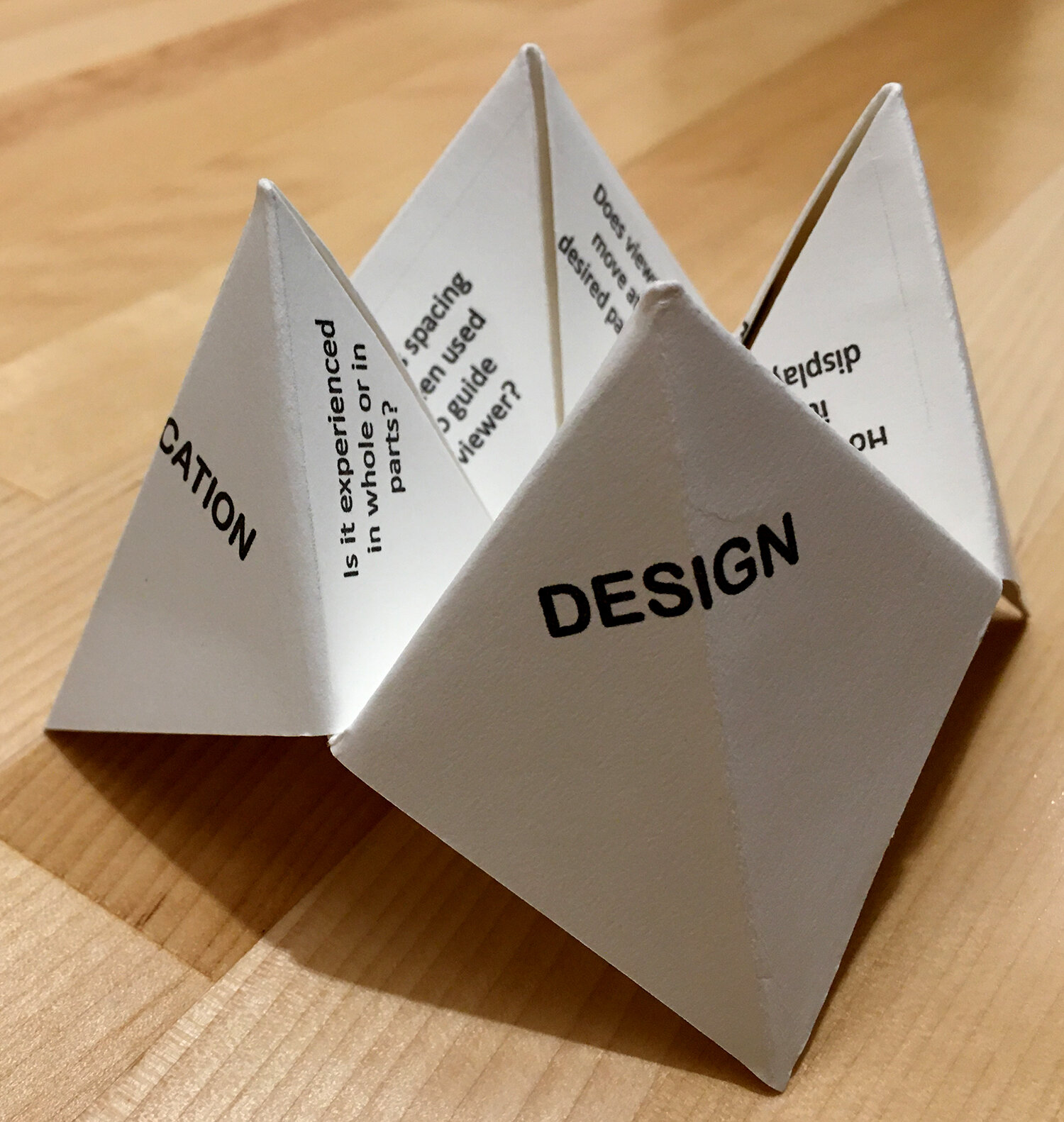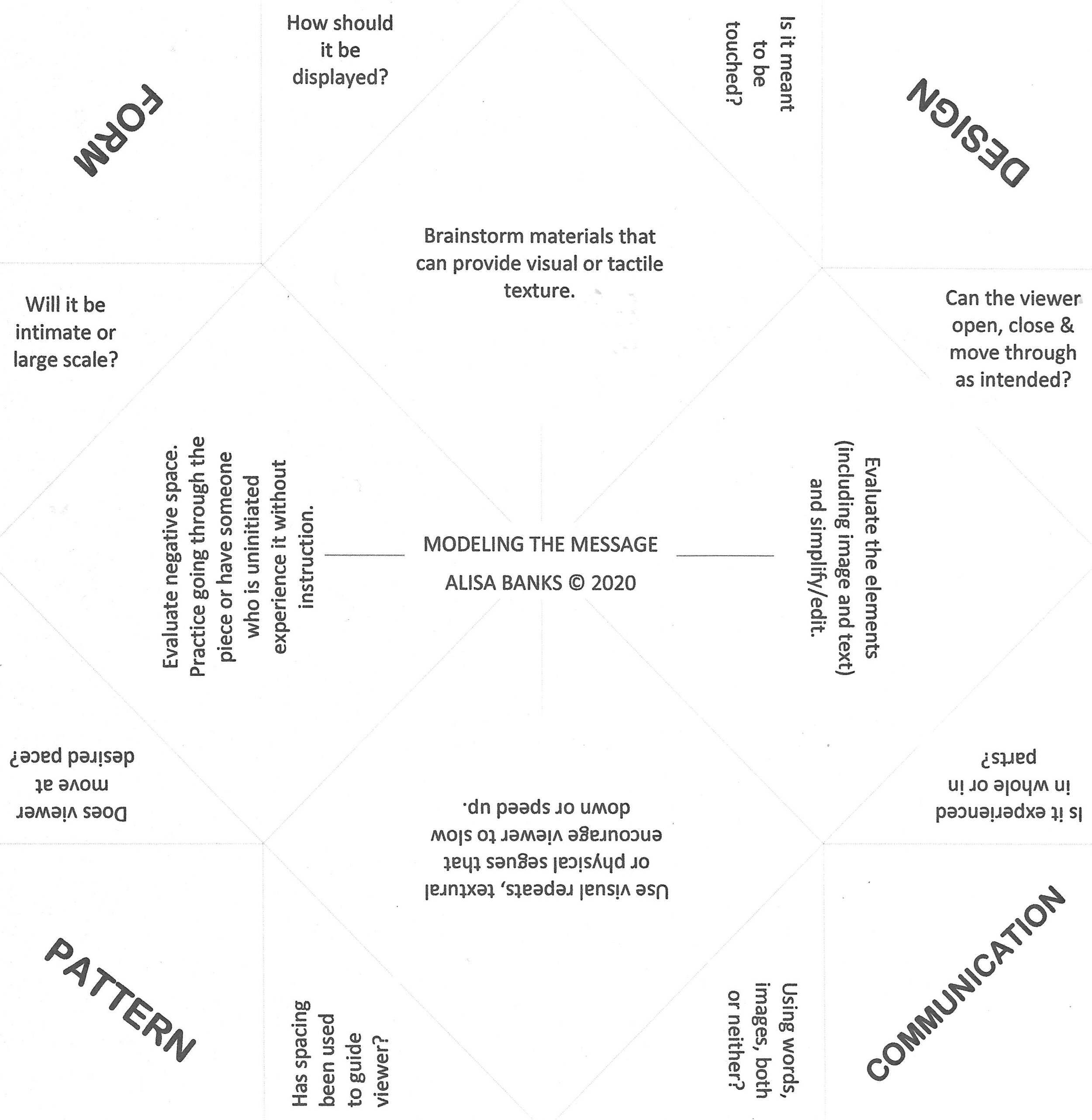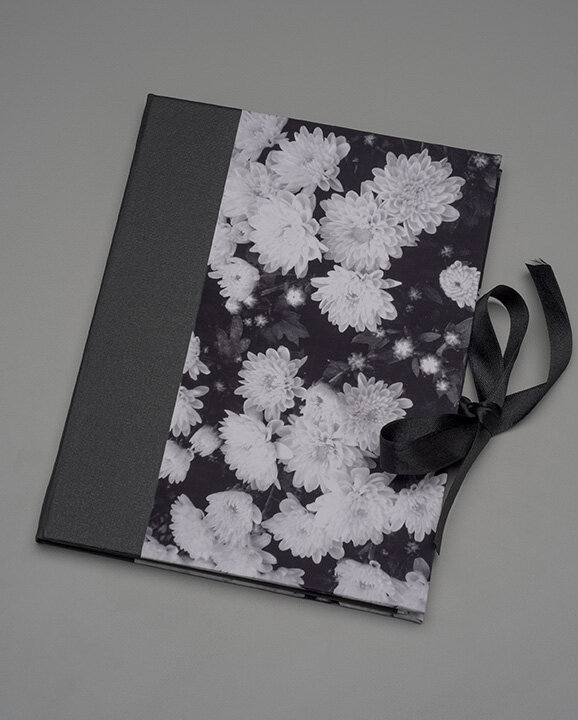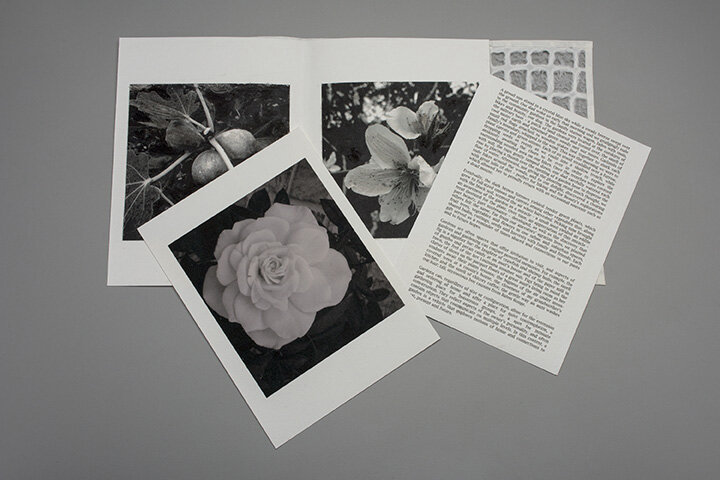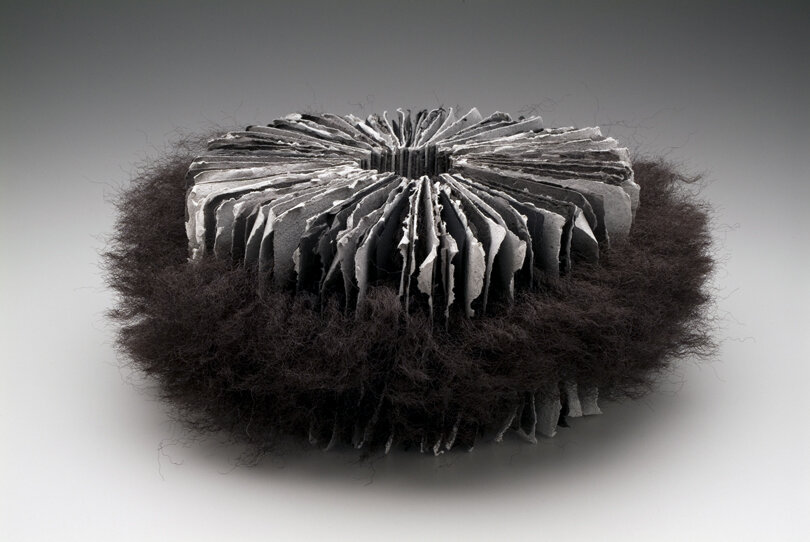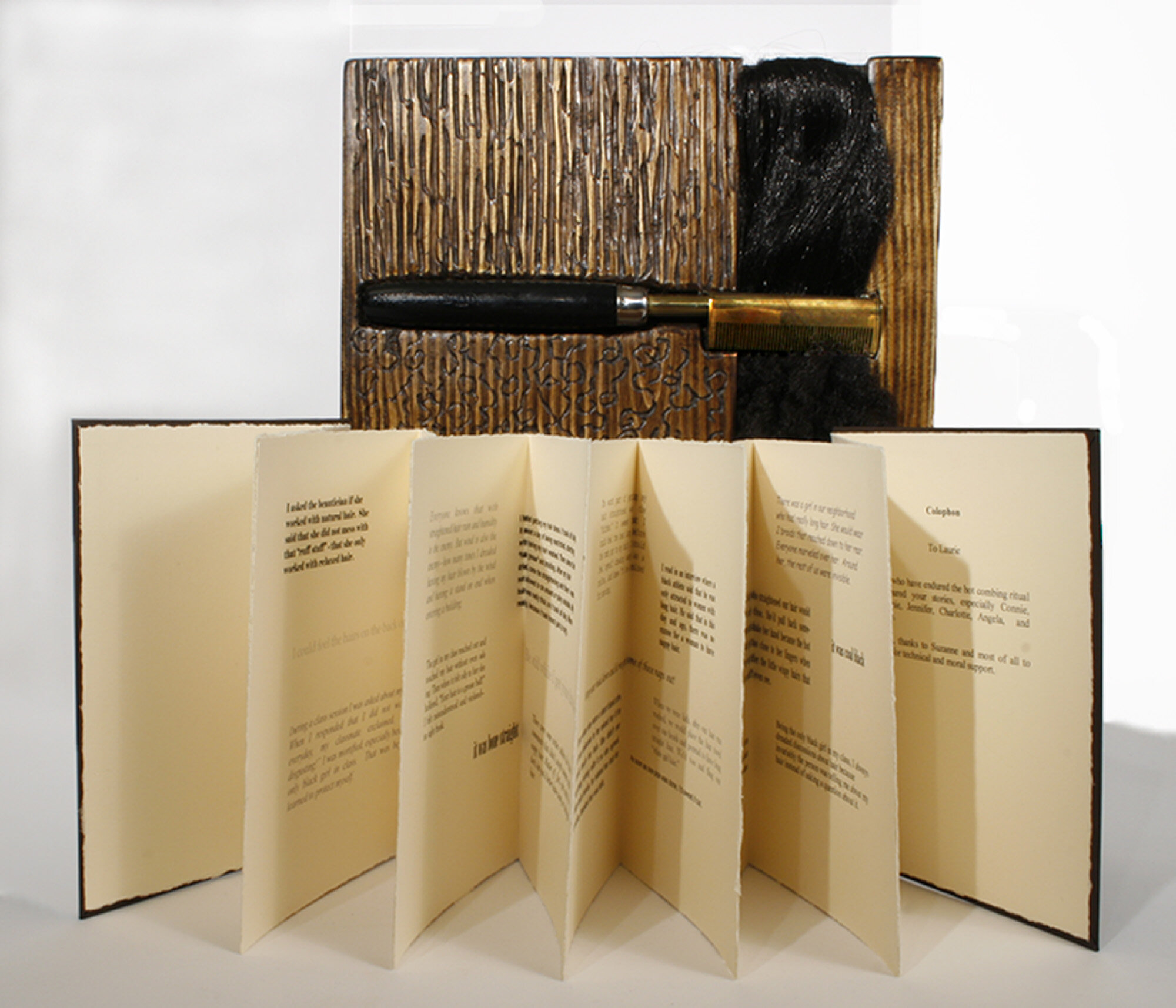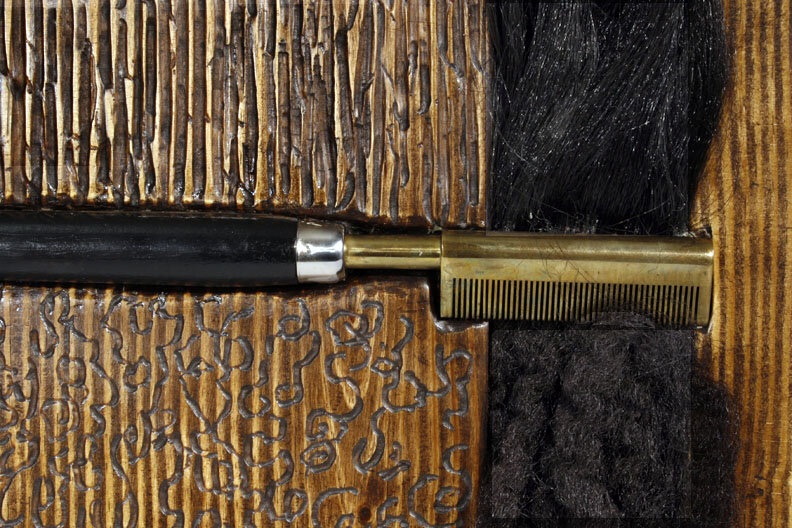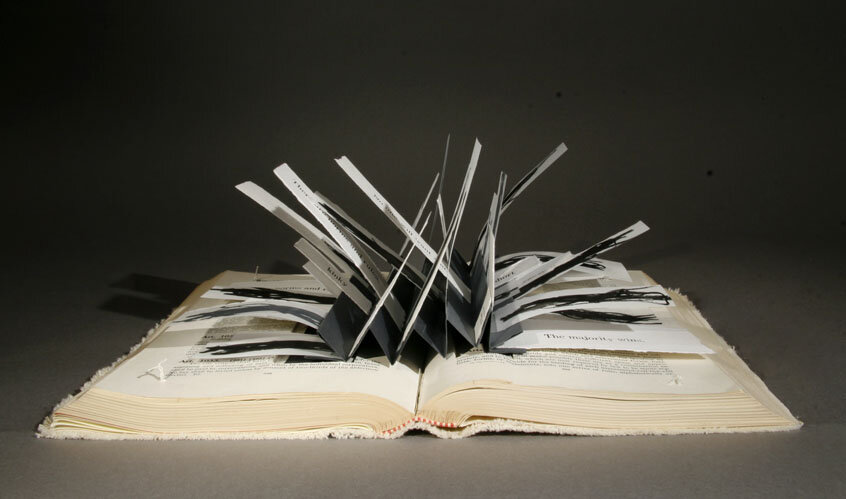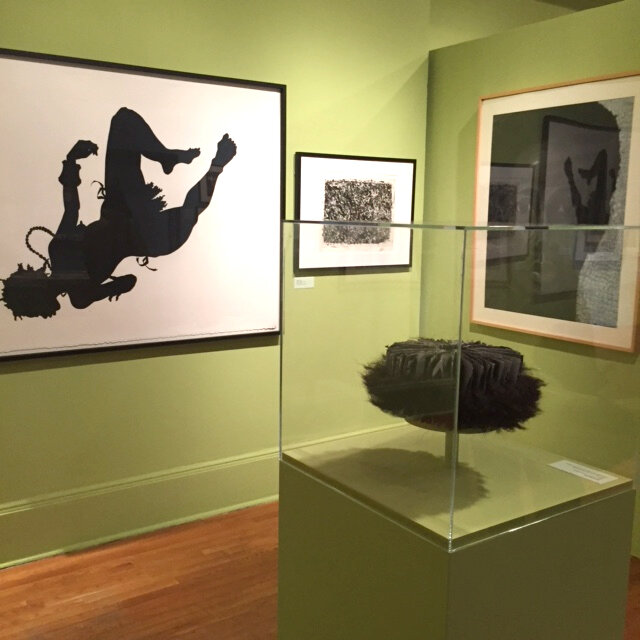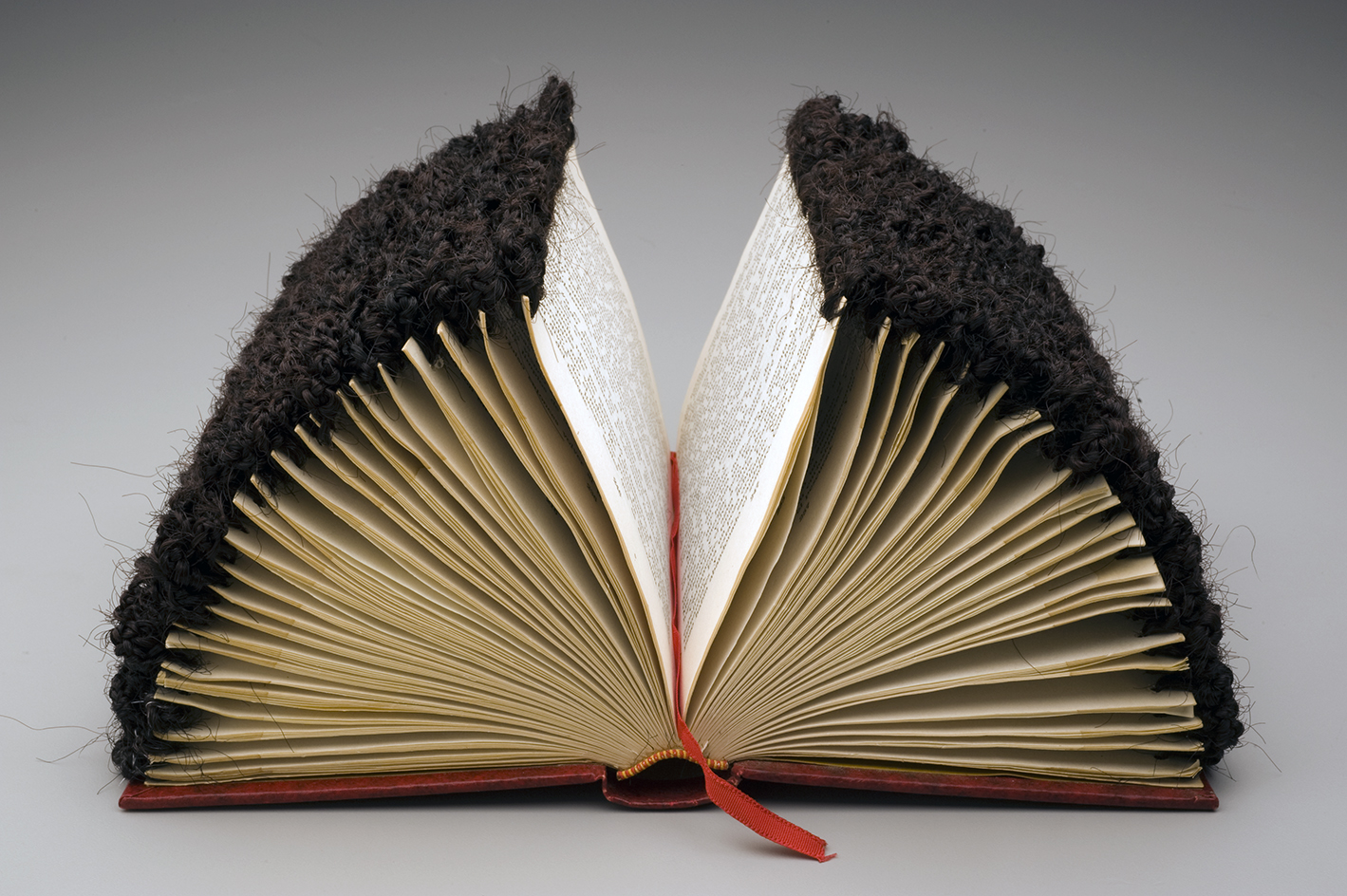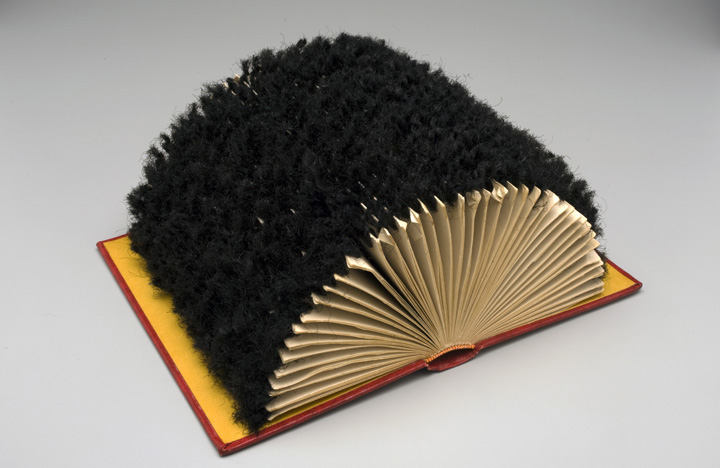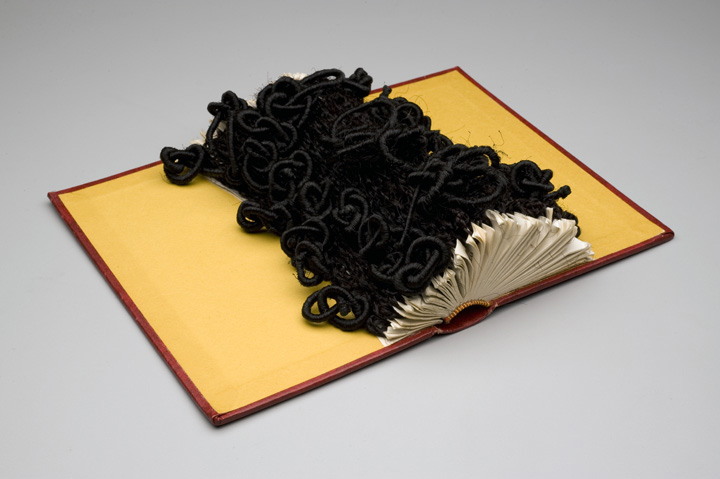2020 - Free Artist Book
2020 is a tribute and an offering to individuals whose lives were lost as a result of racially motivated police violence - deaths that galvanized anti-racist action across the globe and helped to bring clarity not only to the ways that racist systems are life-threatening, but also the connectedness in the ways that these systems work against indigenous and communities of color. Many of the names listed in 2020 were not mentioned in the national news cycles. They are more than a group of names, more than a number; their deaths contribute to the conversation. The image featured in 2020 is a composite of flowers grown throughout the year in my garden, my daily refuge after listening to the morning news.
I created 2020 for a special submission to the Quarantine Public Library (QPL) with the Book/Print Artist/Scholar of Color collective, which brings scholars of book history and print culture into conversation and collaboration with Black, Indigenous and People of Color (BIPOC) book artists, papermakers, curators, letterpress printers, and printmakers to build community and support systems.
About the Quarantine Public Library
Quarantine Public Library is a repository of books made by artists. The works published here are for anyone to freely download, print and assemble—to keep or give away.
This collaborative project was dreamed up by Katie Garth and Tracy Honn in May 2020. We love artists’ books, zines, and libraries; art and poetry; words and pictures. We wanted to make something to share as many of us are staying at home, disconnected from art, books, and one another. The project is not about COVID-19, but is explicitly of its time.
QPL books can be printed individually for free or the entire library can be downloaded in one file for a small fee. All proceeds will be donated to @everyoneon a nonprofit that connects low-income families to affordable internet service and computers. Folding instructions are on the QPL website.





